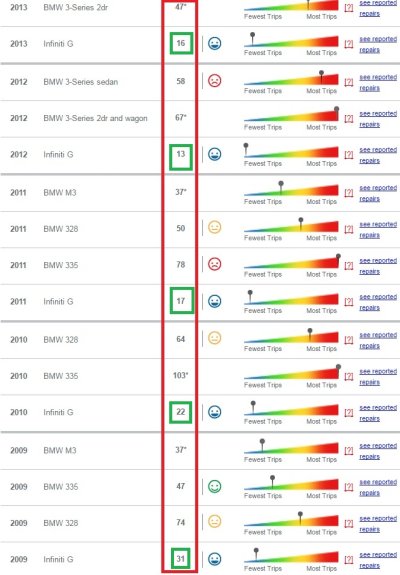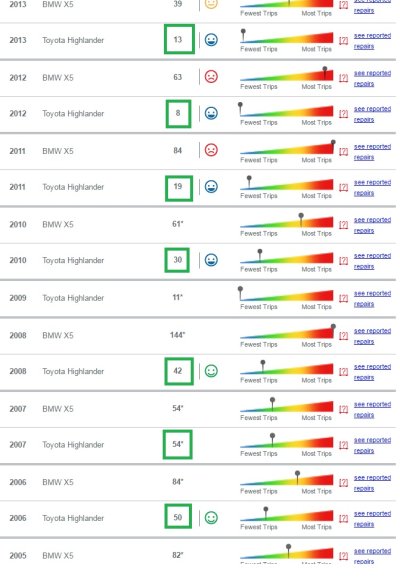For example, I don't believe that owning a 'Benz is going to make me happier, but I really don't know because I've never owned one, or even ridden in one that I can remember, so maybe it's a case of I just don't know what I'm missing.
When I lived in Germany I drove many many Benzes, Porches, and Beemers. Assessment: Crap. I put all that talk about how great this or that car is in the same category as that thing about "masturbating will make you go blind" they used to tell teenagers.
The national sports of Germany are soccer and talking about why your car is in the shop this week.
I have a 2010 Focus that is in every way the same or better driving experience as those Beemers and Benzes were. Except when I step on the gas it takes me 1.1 seconds longer to get to the intersection. I could be soooo much happier




